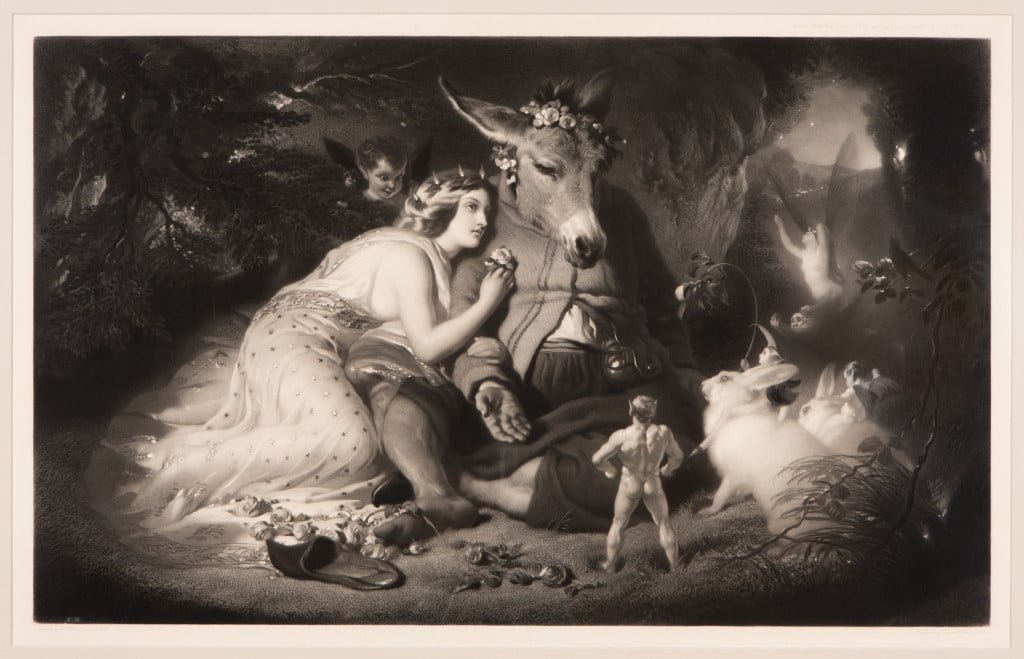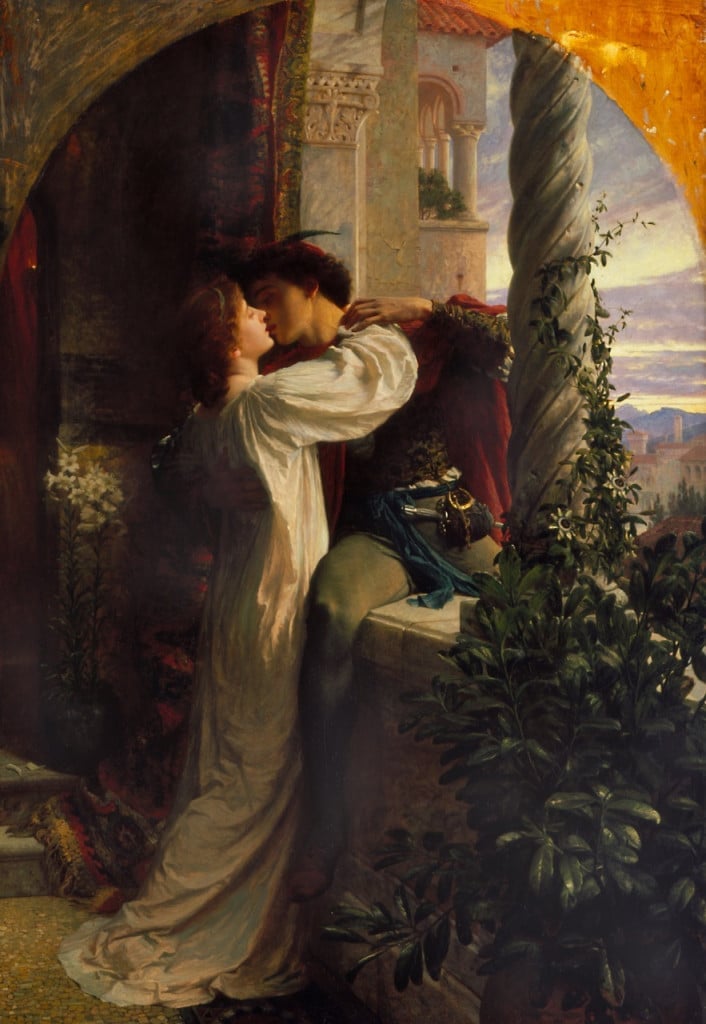Shakespeare’s continued presence in education is due to his ability to use universal themes and characters that resonate across cultures and generations.
In the hallowed halls of educational institutions worldwide, William Shakespeare’s works persist as a cornerstone of literature curricula. From the bustling streets of London’s West End to the serene classrooms of suburban America, Shakespeare’s timeless tales continue to captivate students’ hearts and minds.

But why is it that despite centuries of literary evolution, Shakespeare remains a steadfast presence in schools? Because Shakespeare’s works in educational settings are mired in deep historical contexts, cultural implications, and the universal themes that make them perennially loved.
Recommended Video for you:
When Did Shakespeare Show Up In Educational Institutions?
The inclusion of Shakespeare’s works in school curricula did not start in his homeland of Britain, but in far-off colonies such as India. At the time, the elite institutions in England believed that education could only be achieved through classical languages, such as Greek and Latin.
In the early eighteenth century, British educators, confronted with students lacking an “Englishman’s constitution,” sought to impart the nuances of the English language and culture through established works.
Enter William Shakespeare, whose works were deemed not only exemplary specimens of English literature, but also repositories of cultural values and linguistic nuances intrinsic to the English language. British educators in colonial India saw in Shakespeare’s plays an opportunity to impart not just language skills, but also a deeper understanding of British cultural norms, social hierarchies, and moral values.
This colonial legacy laid the foundation for Shakespeare’s enduring presence in educational systems worldwide.
Why Did Shakespeare Become Relevant Then?
It is essential to acknowledge the colonial underpinnings of Shakespeare’s pedagogical prominence. The imposition of Shakespearean texts upon colonized peoples raises questions about cultural hegemony and the notion of universality.
The assumption that Shakespeare’s works epitomize universal truths reflects a Eurocentric worldview that marginalizes diverse perspectives. The notion of universality must be interrogated, challenging the dominance of Western values in literary discourse.

Yet, amidst these questions, Shakespeare’s enduring appeal cannot be denied. His plays offer a rich tapestry of human experience, exploring themes that transcend time and culture. From the passionate romance of Romeo and Juliet to the Machiavellian machinations of Macbeth, Shakespeare’s characters resonate with readers across generations. These universal themes serve as touchstones for collective conversations, providing a common language through which diverse cultures can engage with timeless truths.
Shakespeare’s Characters Speak, As Do His Themes
Central to Shakespeare’s narrative allure are his characters, who serve as vessels for exploring the intricacies of the human condition. Despite being products of their respective eras, Shakespearean characters possess a depth and complexity that render them universally relatable.
Whether it is the fiery passion of Romeo and Juliet, the tortured introspection of Hamlet, or the ruthless ambition of Macbeth, Shakespeare’s characters embody a myriad of emotions, motivations, and conflicts that resonate with readers from all walks of life. (It is no wonder there are so many film adaptations of his works!)

For example, the authoritarian patriarchy embodied by King Lear in his eponymous tragedy speaks to broader themes of power, control, and familial dynamics that transcend the Elizabethan era. Similarly, the existential angst of Hamlet, grappling with questions of identity, mortality, and moral responsibility, resonates with individuals across time and space who confront the uncertainties and complexities of existence.
Shakespeare’s characters also act as mirrors through which readers can reflect on their own lives and societies. By navigating the triumphs and tribulations of Shakespearean protagonists, readers are prompted to confront fundamental questions about human nature, morality, and the nature of society.
Whether it is the destructive consequences of unchecked ambition in Macbeth or the transformative power of love in A Midsummer Night’s Dream, Shakespeare’s characters offer profound insights into the human experience, inviting readers to engage in introspection and self-reflection.
His sonnets similarly evoke the beauty of nature and human life, along with the perils that plague it.
What’s In It For The Students?
The study of Shakespeare fosters critical thinking and cultural literacy, equipping students with the tools to navigate an increasingly interconnected world. By engaging with texts that span centuries and continents, students develop an appreciation for diverse perspectives and historical contexts.

Shakespearean scholarship encourages students to question assumptions, challenge norms, and embrace complexity, skills that are invaluable in an era of rapid change and globalization. In essence, the enduring presence of Shakespeare in schools speaks to the power of literature to transcend boundaries and foster empathy.
His works provide a mode through which we can examine our own lives and societies, while also serving as a window into worlds beyond our own. As educators, it is therefore an essential responsibility to ensure that the study of Shakespeare is not a form of cultural imposition, but rather a celebration of diversity and a catalyst for critical inquiry.
Conclusion
Shakespeare remains a fixture in school curricula due to his ability to speak to the universal aspects of the human experience. While acknowledging the colonial legacies that have shaped his pedagogical prominence, we must also recognize the transformative potential of his works in fostering empathy, critical thinking, and cultural literacy.
By embracing Shakespeare’s diverse array of characters, themes, and narratives, we open doors to new perspectives and experiences, enriching the educational journey for generations to come.
References (click to expand)
- Willson, R. F., join(' '. (1990). Why Teach Shakespeare? A Reconsideration. Shakespeare Quarterly. Oxford University Press (OUP).
- Teaching Shakespeare in schools | 20 - Taylor & Francis eBooks.
- Is Shakespeare Still Relevant to Today's Students?.
- Elliott, V., & Olive, S. (2019, November 27). Secondary Shakespeare in the UK: what gets taught and why?. English in Education. Informa UK Limited.













